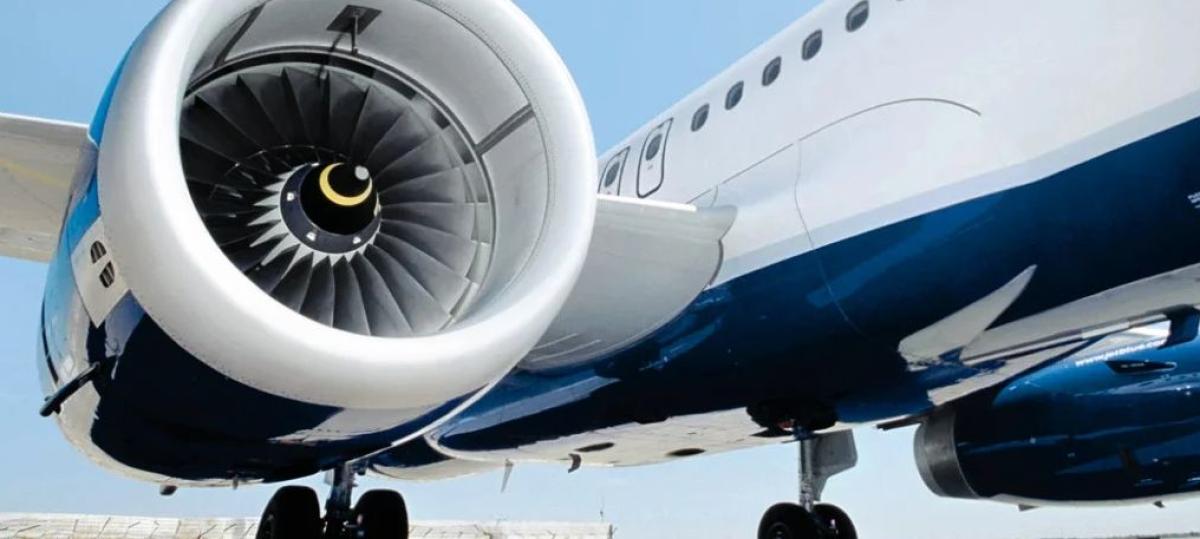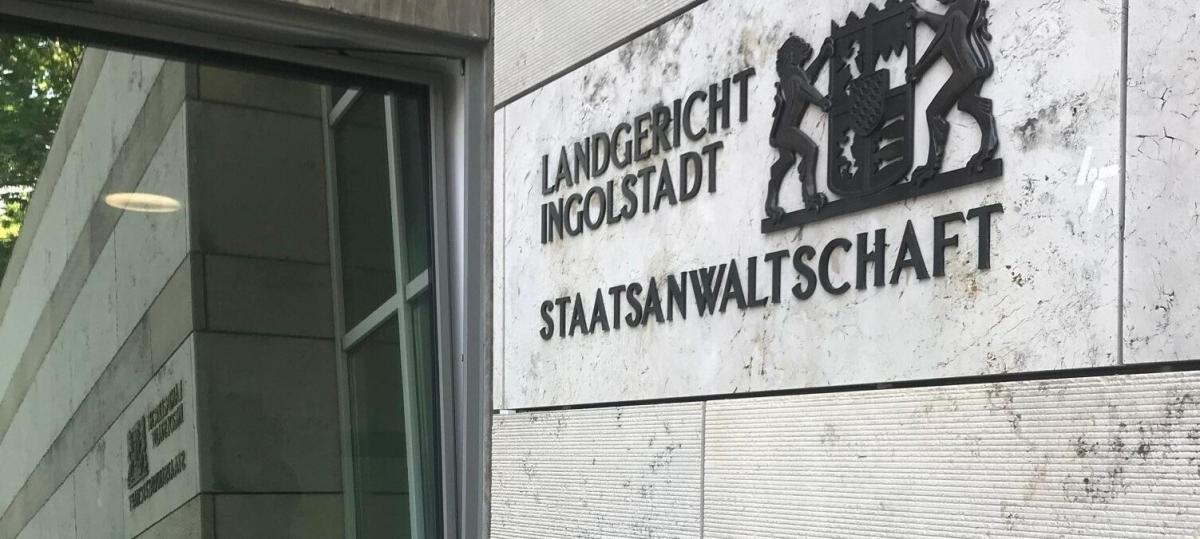Industrial group MTU is one of the few winners in the economic crisis

In the middle of an economically tense situation of German industry, MTU Aero Engines delivers impressive numbers – and thus positions itself as one of the most stable Actors in the DAX.
Despite the persistent economic crisis The Munich engine manufacturer recorded significant sales and profit growth in the first quarter of 2025. Adjusted sales rose by around 25 percent to EUR 2.1 billion, while the net profit with 224 million euros rose by an impressive 77 percent.
MTU Aero Engines: Growth in civilian and military segments
Also in the civil engine store, sales remained 507 million euros above the previous year’s value (433 million). The main turnover was the PW1100G-JM for the Airbus A320 Neo. During this area, there was a conflicting development in the military engine business.
In this area, MTU Aero Engines’ sales shrank from 124 million to EUR 113 million. Especially the Eurofighter drives and programs for the development of new fighter jet engines contributed to this growth.
MTU and the challenges of tariffs and supply chain problems
MTU Aero Engines also sees itself possible US tariffs faced with aircraft parts that could burden the Bavarian company with a medium to high double -digit million amount.
« Possible effects of the currently highly volatile US customs policy on the global aviation industry are currently difficult to predict, » says CEO Lars Wagner in one published communication cited.
The outgoing MTU boss Make announces that the supply chains will be equalized more and concentrating the flow of goods on European locations. The maintenance business also suffers from material bottlenecks. Nevertheless, sales in civil maintenance increased by 33 percent from 1.14 to 1.52 billion euros-a sign of high demand for MTU services worldwide.
Drive manufacturer MTU: 2025 threatens minus when ordering
Despite all the challenges, MTU Aero Engines confirms the annual prognosis: sales are said to be between 8.3 and 8.5 billion euros in 2025, which is sometimes due to a weakening US dollar.
In addition, the order stock of the traditional group founded in 1934 dropped to EUR 27.70 billion at the end of the quarter – a minus of four percent since the beginning of the year.






